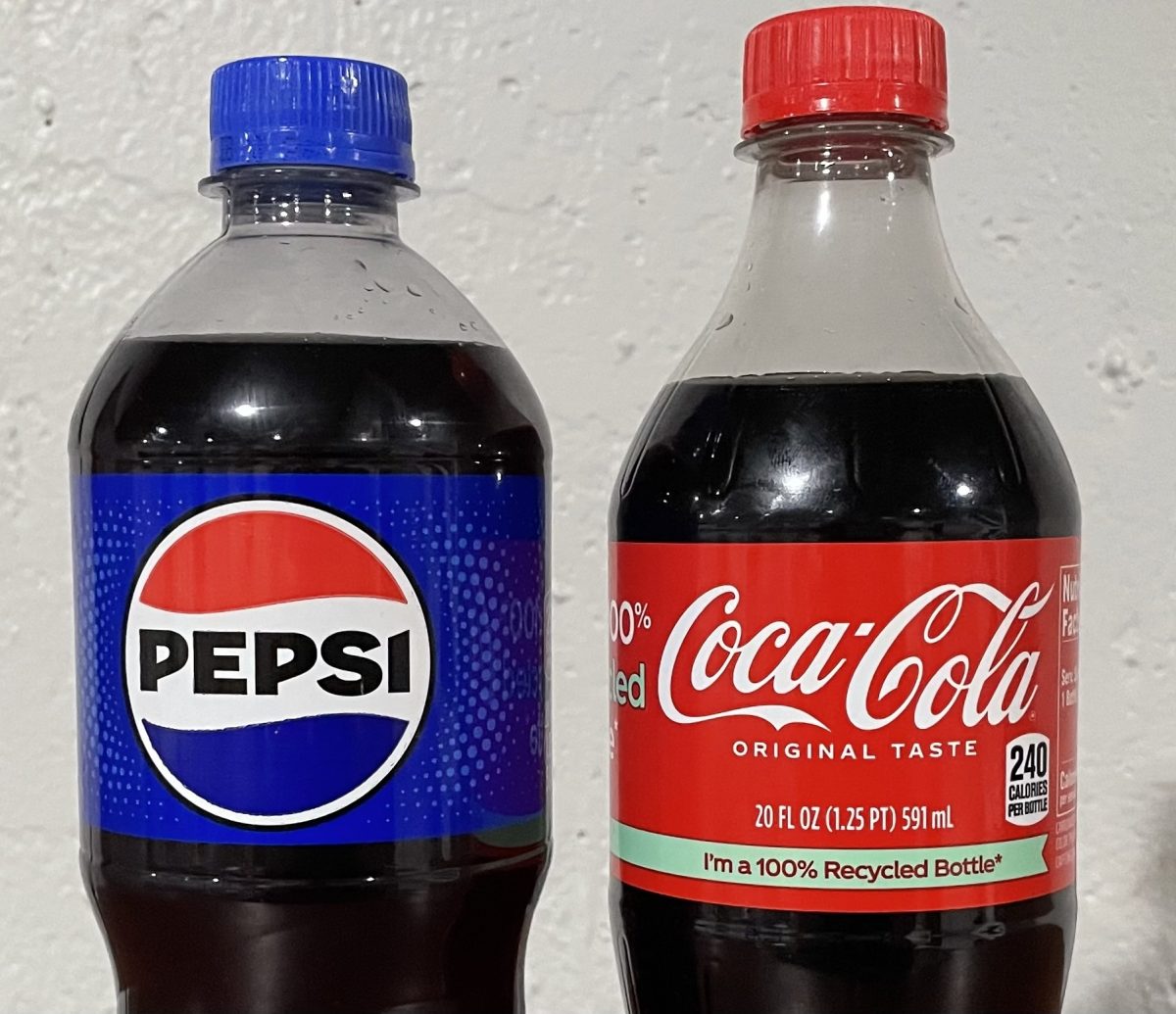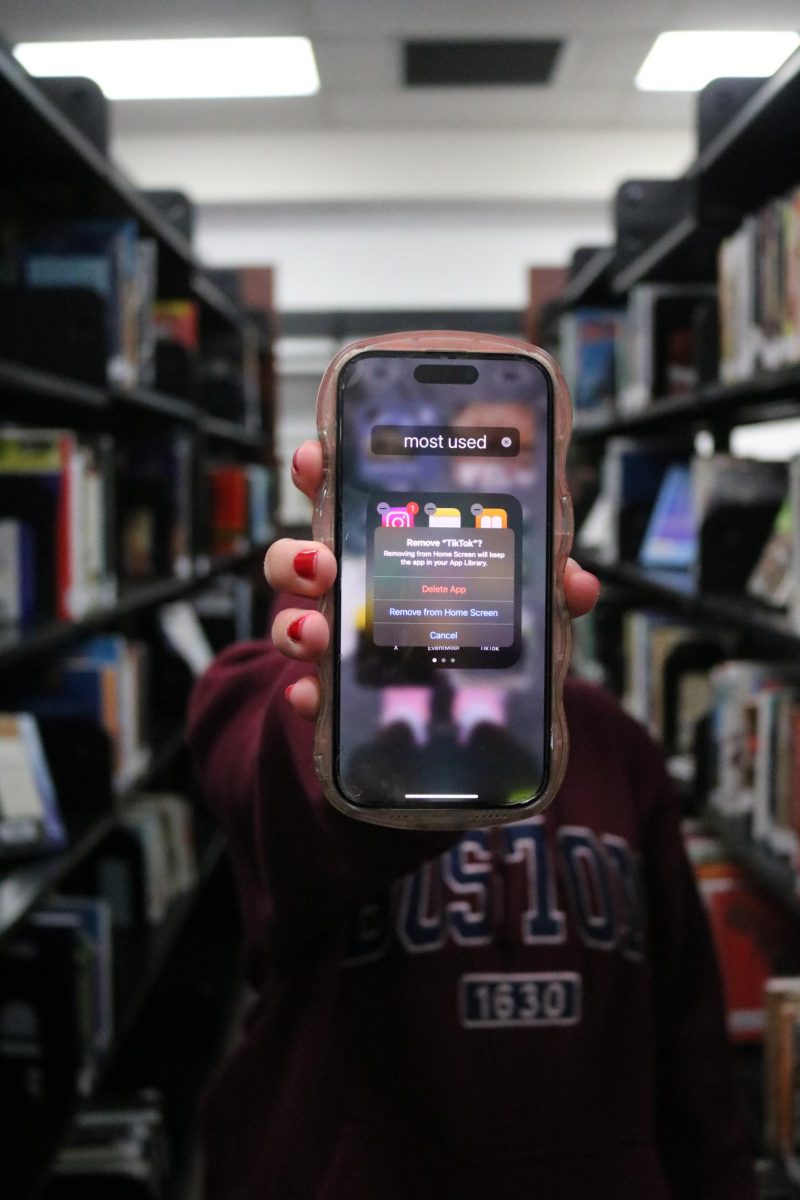
On Aug. 9, a unarmed black male lay lifeless on the streets of the small lower-class town of Ferguson, St. Louis, Missouri .
The male, Michael Brown, was shot multiple times with his hands up in a position of surrender by Ferguson Police Officer Darren Wilson. While many have heard the various names of the people and places connected to the controversy surrounding this story, one fact is clear: a white police officer had killed an unarmed African-American.
This fact has been the platform for the new organization called the Hands Up United movement. Their mission, according to www.HandsUpUnited.org, is to “combat the injustice in this case and countless others, and to dismantle the system that allowed it to happen in the first place.” The organization seeks to do this by bringing a new approach to the normal social movement, a youth-led movement.
Ferguson is far from the scene of peaceful, youth-led protests, however. Riots have rung throughout Ferguson in the aftermath of Brown’s death. Broken glass and scorched store fronts are the scenes of what has been shown in countless media coverages on Ferguson.
“Given the racial disparities in our criminal-justice system, it is impossible for African Americans not to feel like their government is particularly targeting them,” Republican Senator Rand Paul of Kentucky said in the wake of the killing of Michael Brown.
The media attention Ferguson has received has made this small town a beacon for other communities across the nation to do some serious soul-searching. The nation’s African American youth in particular has taken a particular interest in the “hands up, don’t shoot” movement by posting pictures on social media to show their support.
When asked opinions about the Ferguson riots, however, the controversial topic has brought strong opinions and has even inhibited some African-Americans who work at this school from speaking on the topic for this story. Almost all of the adults that were asked either didn’t feel comfortable about the subject or were not allowed to make any sort of statement about the issue.
Senior and African-American Camille James, nonetheless, had some compelling points to talk about concerning the issue over authority and racial minorities. She commented on how less than a week ago in Winthrop Harbor, South Carolina, a similar event happened to her father where he had the cops called on him to get him out of the neighborhood when her father was not doing anything illegal or wrong.
“A common misconception with our generation and among those who have grown up in a privileged town is that we think, ‘Oh, we live in the north, we’re too sophisticated to engage in racism’, or ‘Oh, racism only happens in the south’, or ‘Oh, everyone gets the same treatment by law enforcement regardless of race now.’ But the fact is that none of that is true in the slightest,” James said.
In agreeance with the statements of the Hands Up United organization, James recognized that “there needs to be more attention on this subject. We can’t just deny the reality of it because we’re not in the 50s and 60s anymore. It’s still there and it’s still here.”
James went on to say that “African-Americans have never really been equal. Not in all aspects. And until we all change our way of thinking and acting, they never will be. So how can you blame them and stereotype them for publicly displaying their wishes for change? How could you bash them for being active when you’re not necessarily doing anything to raise awareness for the cause? Those kinds of statements and stereotypes are the reason they’re protesting and it’s the reason they’re fighting, whether you realize it or not.”



![Mr. Abullh Ali, manager/assistant, helps open Queen Yemeni Coffee in downtown Libertyville at 606 North Milwaukee Ave. With the help of employees such as manager and LHS senior Yousef Taha, they are able to bring the Yemeni and Ethiopian culture to Libertyville by using their Queen spices, cinnamon and cardamom in their drinks such as Adani Chai, which is inspired by Sheda, the Queen of Yemen and Ethiopia. “The history of our coffee [is] a long history and we believe that Yemen and Ethiopia started the coffee and we are bringing something unique to the community,” Mr. Ali said.](https://www.lhsdoi.com/wp-content/uploads/2025/04/Photo-1-1200x800.jpg)



